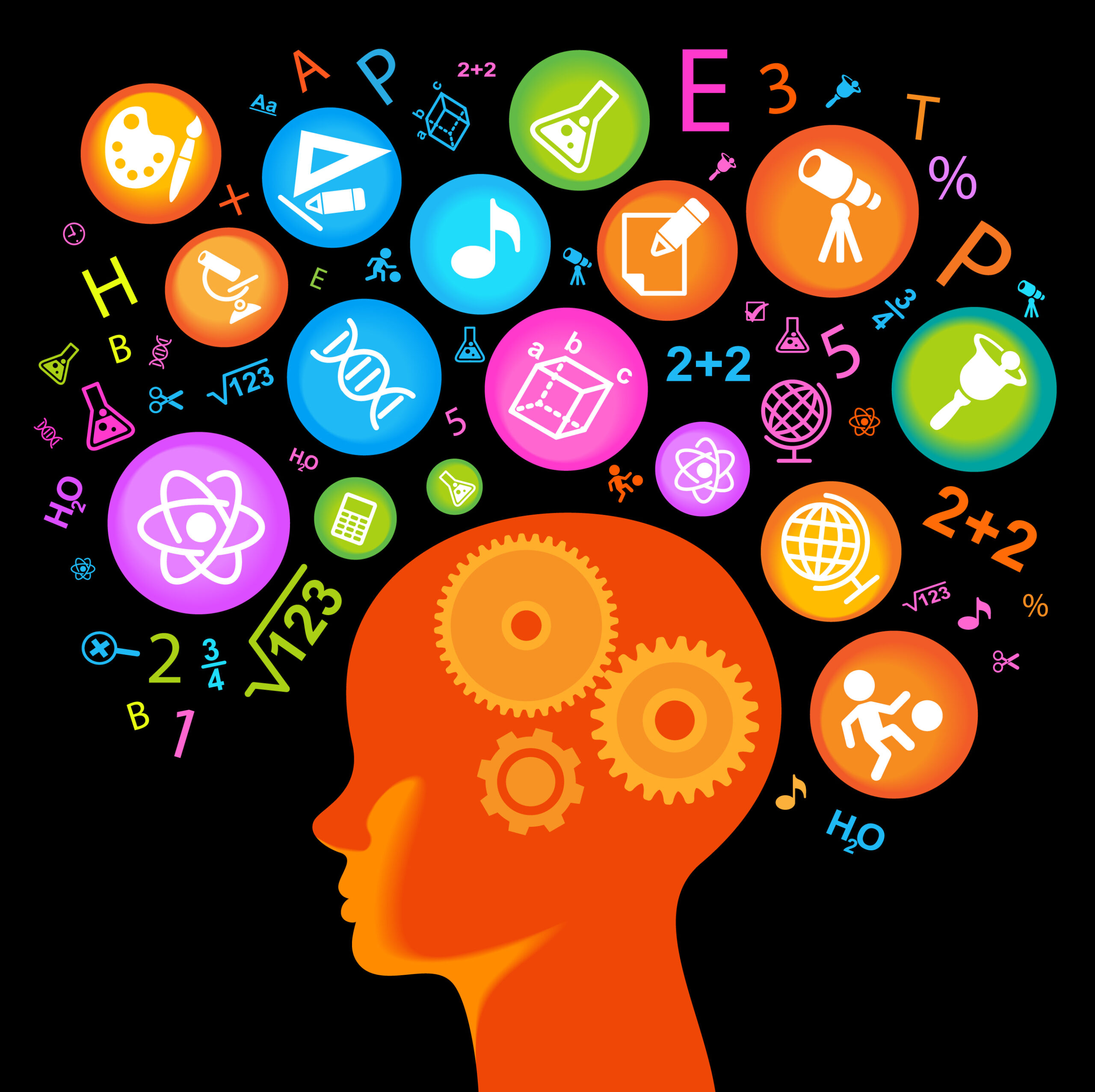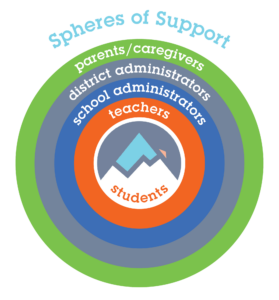Share this article.
As educators, we all want the same thing—students achieving more and to a higher degree. We know that this is accomplished through teaching. But are we teaching everything we should? Aside from core subjects, what else is there? Are we teaching our students how to be active participants, not just passengers in their learning?
Why Ownership Matters
It is clear from the research that equally important to teaching core subjects is teaching students how to take ownership of their learning. There is only so much we can “teach” if the student doesn’t recognize he’s supposed to “learn.” The most effective way to get them to understand their role in education and become lifelong learners is to teach them the skill of student ownership and support them in developing it.
With increased student ownership comes elevated student achievement.
What does student ownership mean? And how do we accomplish this?
How to Instill Authority, Capacity, and Responsibility
Student ownership means students have the authority, responsibility, and the capacity to own their learning. And we can accomplish this by delegating to students the authority, building the capacity, and entrusting the responsibility to them to own their learning.

Delegate the authority: We hand over the power to make decisions. This doesn’t mean that students decide what they want to learn solely based on their interests. This would not prepare them to explore content they have never been exposed to. This means that as students are learning something new, they have the authority to determine what they need to master that skill—frequency of practice and types of practice, opportunities to authentically apply learning, opportunities to transfer learning into new situations. It is our role as educators to ensure that students have the authority to make decisions about how they will grow and learn.
Build the capacity: We provide students with the ability or power to experience or understand something. This doesn’t mean that students only need skills and knowledge in order to learn to mastery. It means students are provided with the skills necessary to succeed by knowing what these skills are, why they need them, and how they will use them in their current and future learning. It is our role as educators to ensure that students have the capacity to analyze and reflect on their own growth.
Entrust the responsibility: We empower students to be accountable for their learning. This doesn’t mean that they alone drive their instruction. This means that students are part of the plan. They know what they are going to learn, how they will be taught it and how they will demonstrate their understanding. It is our role as educators to ensure that students have the responsibility to be part of their own learning plan and understand their role in the plan.
Our Roles in a Community of Support
Is developing student ownership in your students easy to do?
Yes.
But we must be clear in our roles.
It is the role of teachers to consistently and intentionally support their students to own their learning. In other words the teacher needs to be utilizing a Framework for Elevating Student Achievement that empowers students to know what they are learning and why, how they will learn it, how they will show that they have learned it, and what their role is in the learning. This means that the teacher needs to be open to the challenges of learning from mistakes, modeling the skills needed to succeed in college and career, explicitly teaching how to master the skills of ownership, and, most importantly, be willing to give up some of their authority, capacity, and responsibility to the students.
It is the role of the school-site administrator to utilize the actions of instructional leadership to consistently and intentionally support teachers to own their role in developing student ownership. In other words administrators must support their teachers in utilizing a Framework for Elevating Student Achievement.
It is the role of the district-level administrators to consistently and intentionally support the school-site administrator to own their role of leading the teachers to support students to own their role in learning.
It is the role of the parents and caregivers to consistently and intentionally support their child to own their role in learning at home thereby reinforcing the support students are receiving at school.
This is the description of a community of student-focused stakeholders who will succeed in supporting their students to:
- Own what they are learning.
- Own how they are learning.
- Own how well they are learning.
- Own their role in their learning.
This is how you will increase student ownership and elevate student achievement for each and every student in your sphere. This is what students deserve.
Continue the Learning
Check out these articles and resources to continue your learning about this topic…
The Learning Brief
In this article you learned…
- The most effective method to elevate student achievement is to increase student ownership.
- Students can be taught to own their learning by their teachers when teachers delegate the authority, the capacity, and the responsibility to the students.
- Administrators play a vital role in supporting teachers to develop student ownership.
Can you imagine building an environment full of motivated, engaged, and eager students who own their learning?
We can.


